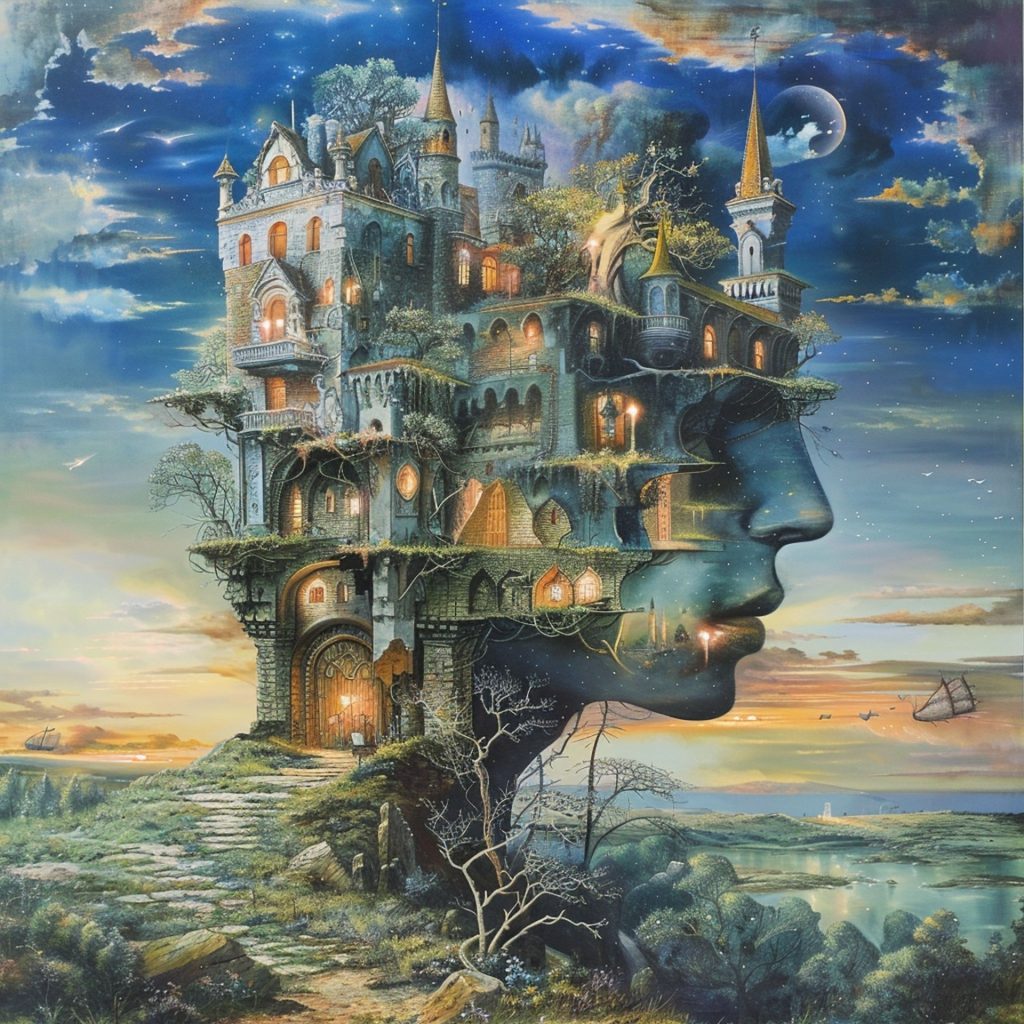
Judge Santiago Burdon offers his new collection A Charlatan’s Aphorisms for review. Please contact us if you’re interested and we’ll put you in touch with him for a copy.
This is a Best of Collection of both past and new poetry by Judge Santiago Burdon. They were selected by dedicated readers and past publishers. Some have appeared in his books “Not Real Poetry” and “Tequilas Bad Advice Poetry With the Worm.” Judge Santiago Burdon’s poetry is a sophisticated slap in the face. The imagery induces you to clear your throat and shift your weight from one side to the other. Santiago doesn’t waste his words in an attempt to make you comfortable. As a poet he delivers defined grit and structured devastation. He speaks in the language of gasoline fumes and stale cigarette smoke. Always honest and fearless, never apologizing. Know that I am a fan.”
(Jack in the box popping out on the cover of Santiago’s book)
Now for our second October issue, The Shared Human Imagination. In this issue, we look to and draw upon our own creativity and love and that of the many who came before us.
Lilian Dipasupil Kunimasa reflects on life’s complexity and on the overlap between poetry and music. J.J. Campbell’s curmudgeonly poetry explores age, loneliness, music and regret. Murrodillayeva Mohinur mourns her rejection by false friends as Ilhomova Mohichehra celebrates the refuge she finds in her dreams. Umida Jonibekova writes eloquently of clouds and rain.
Diana Magallon crafts visual poetic pieces on the movement of the ocean. Dilnura Qurolova highlights the importance of ecology and environmental awareness. Brian Barbeito probes the worlds within worlds in out-of-the-way corners within nature.
Raquel Barbeito’s visual art stylizes nature-based images. Kylian Cubilla Gomez’ photography presents images of cultivation, humans carefully sharing space with and working with the natural world.
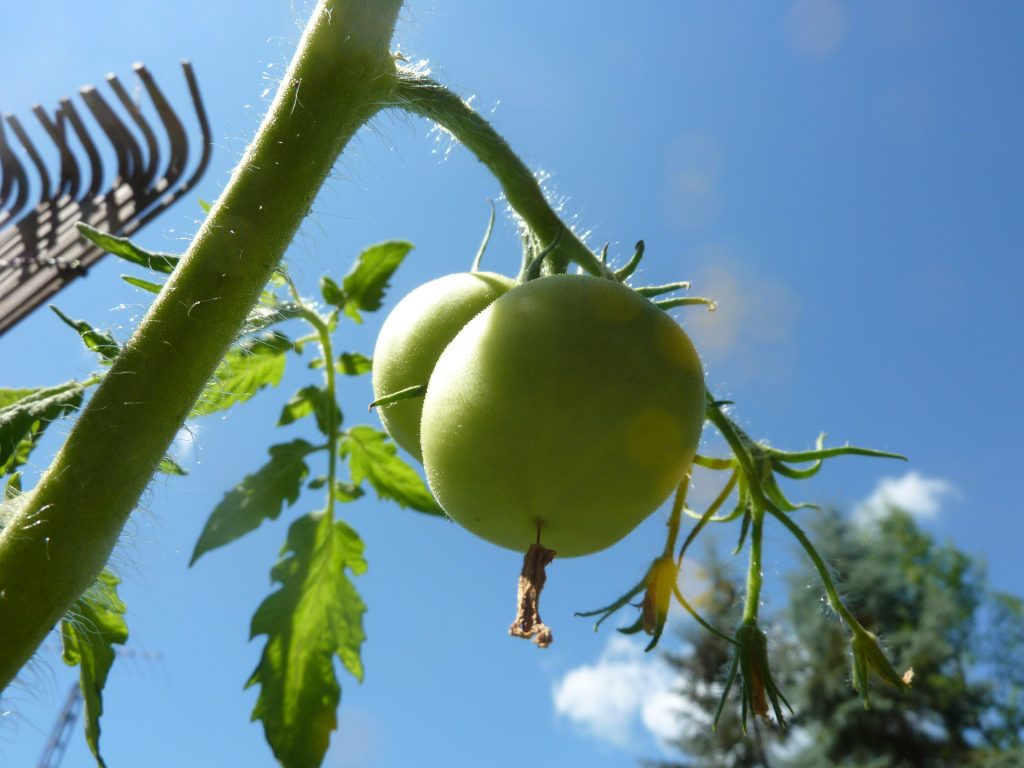
Ilhomova Mohichehra revels in the natural and cultural beauty of her Uzbek homeland and also her native region of Zarafshan. Nodira Jorayeva celebrates Uzbekistan’s rich and noble history as Mahliyo Sunnatullayeva reflects on the cultural heritage of Uzbekistan. Rajarbona Sarvinoz looks to ancient Uzbekistan, outlining Central Asian historical leader Amir Temur’s aqueduct engineering. K.C. Fontaine relishes the rich Latin culture of Chicago’s Logan Square.
Otayeva Dinora highlights the dignity and importance of the teaching profession. Rayhona Sobirjonova offers up praise for a respected teacher as Saydinqulova Elenora Olimovna presents solid life advice in the form of a letter to a friend and classmate. Barnoxon Ruxieva celebrates Uzbekistan’s well-developed education system, in particular its Barkamol Avlod children’s schools.
Bardiyeva Dilnura evokes the poetic beauty of the Uzbek language. Charos Toshpulatova outlines the importance and unique value of sign language. Abduvahidova Farangiz compares and contrasts physical books and e-books. Nathan Anderson describes the finely crafted musical language of Sanjeev Sethi’s poetry collection Legato without a lisp.
In a piece of literary analysis, Z.I. Mahmud discusses how Philip Larkin’s poem Whitsun Weddings depicts social and ecological changes in England after the First World War.
Mark Young probes an imagined world in a fresh set of his “geographies,” digitally altered photos integrated with visual art. J.D. Nelson peers at the edges of his world through a fresh set of monostichs. Jim Meirose sends up a quirky story on pleasure and its aftermath. Jake Cosmos Aller depicts a fanciful wild night whirling and drinking through the solar system.
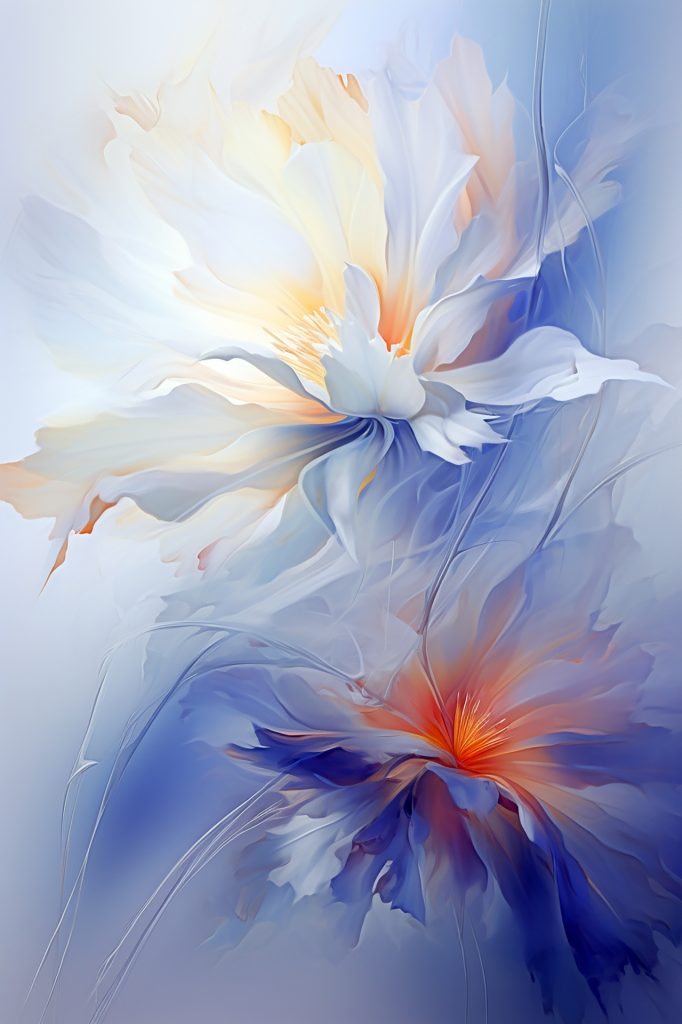
Fhen M. speculates on how the element of mystery attracts us to Magritte’s paintings. Soren Sorensen shares a sunset image and a metallic melting clock, perhaps Dali-inspired.
Stephen Jarrell Williams sends in gentle vignettes of hope and faith while Mahbub Alam describes love as one of humanity’s lofty aspirations.
Mesfakus Salahin considers his psychological complexity and fallibility in light of a great love that leaves him humbled. Duane Vorhees reflects on memory, love, and the ironies of life. Lan Qyqualla draws on history and memory in his poetic vignettes of love and connection. Ivan Pozzoni orates in English and Italian on human history, love, beauty, and tragedy.
Michael Robinson speaks to the peace he found through a relationship with Jesus.
Xavier Womack offers love and respect to a spiritual mother figure embracing the world. Leslie Lisbona reflects on the death of her mother and the empathy she finds through a classic novel and the broader human imagination.
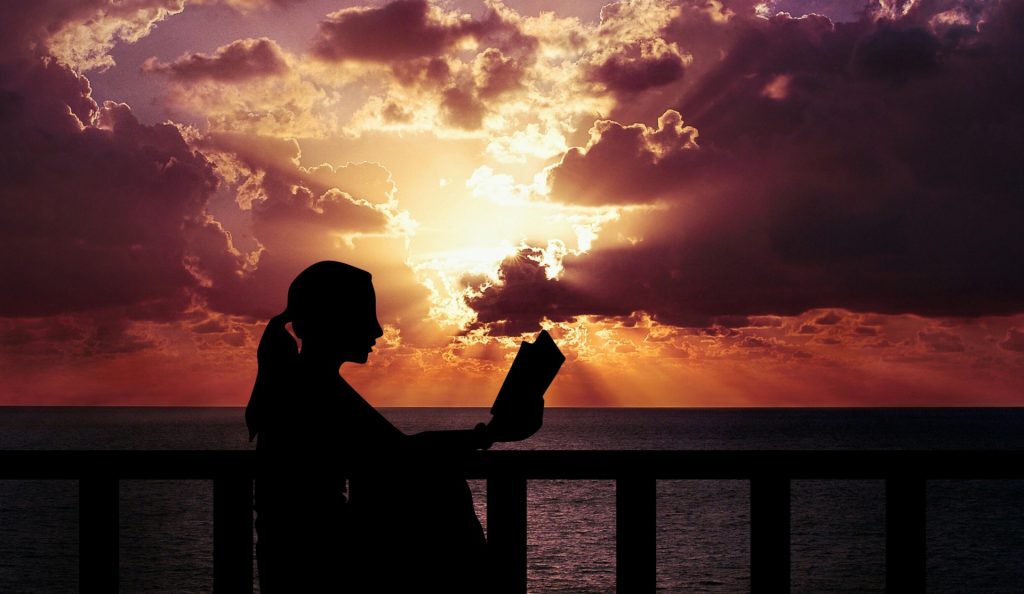
Rukshona Rasulova celebrates her deceased grandmother’s long and loving life as Murrodillayeva Mohinur contemplates her mother’s steady love. Maknuna Oblaqulova honors her parents and their love. Iroda Abdusamiyeva mourns her deceased grandmother and celebrates her life. Orinbaeva Lalezar Azadbay reflects on losses in her life, especially her dearly departed parents. Taylor Dibbert reflects on his deep love for his departed dog.
Holy Henry Dasere laments some universal struggles of young womanhood as Graciela Noemi Villaverde highlights women’s determined struggle for equality and safety. Hilola Abdullayeva discusses ways to psychologically support people recently released from jail and prison.
A. Iwasa reviews activist and anti-fascist professor Josh Fernandez’ memoir The Hands That Crafted the Bomb as an exploration of how to take youthful brash exuberance into adulthood. Dr. Jernail S. Anand warns us about the danger of words to ignite hatred and violence, how the computer keyboard in the wrong hands can be more dangerous than a bomb.
Ahmad Al-Khatat’s poetry evokes sorrow over the loss of love and human experience as well as life in wartime. David Sapp speaks to how ordinary people react to global tragedies as Alexander Kabishev continues his grisly tales of the brutality Russians suffered during the siege of Leningrad. J.K. Durick explores new poetic ways the world could end.
Eva Petropoulou encourages the world to choose peace and tolerance as Daniel De Culla urges the world’s people to end the shameful tradition of hate. Mykyta Ryzhykh laments environmental destruction, war, and a personal heartbreak in his poetry. Pat Doyne pokes fun at Donald Trump’s style and ethics in her poem of warning.
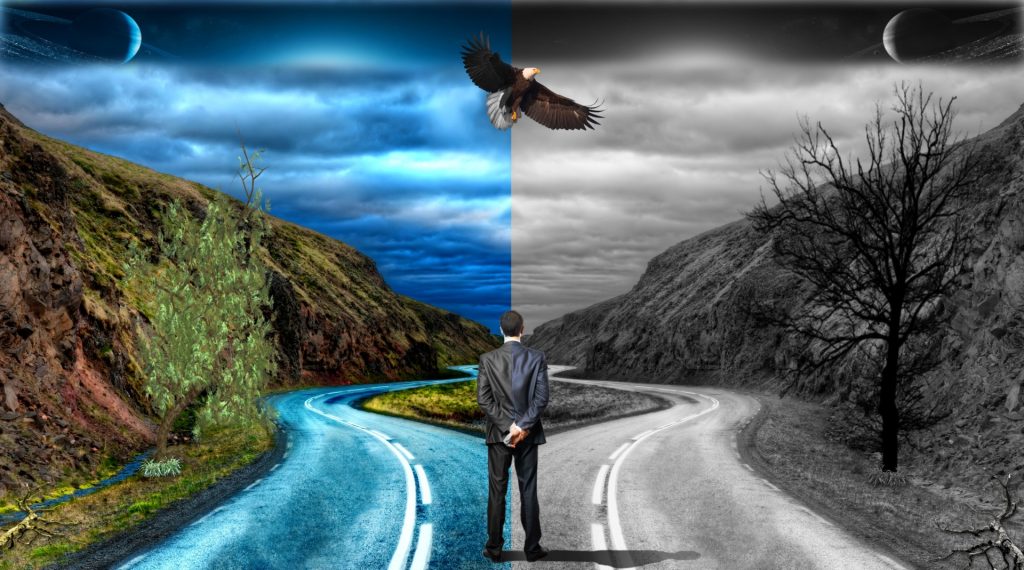
Jacques Fleury urges us to get beyond our fear and welcome the “other,” those unlike us. Bill Tope’s poems highlight the pain children went through before we understood learning disabilities and neurodiversity.
Childhood is a time of adventure and wonderment. Isabel Gomez de Diego’s photos show a small child experiencing new spaces: a ship preserved on land with a carved mermaid on the prow, a park train with a red caboose.
As we grow, we try new things, sometimes get disappointed, learn, and move forward. Panijeva Dilnavo Shukurvna celebrates the youth of Central Asia and expresses her wish for her generation to thrive and triumph. Rukhshona Rasulova urges brave and dedicated work towards our goals. Orzigul Sherova highlights the importance of motivation in reaching one’s goals. Alex Stolis’ poems draw on addiction as a motif and speak to waiting, hoping, and being stuck.
Dilbar Koldoshova Nuraliyevna’s poetic speaker reflects on how her heart and intentions were pure, even if her goals did not work out.
Maja Milojkovic encourages us at any age to embrace blessings in our lives, with the understanding that they are temporary.
We hope that this issue will be thought-provoking and a blessing in your life.
